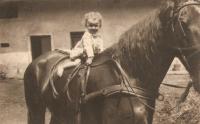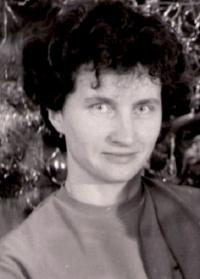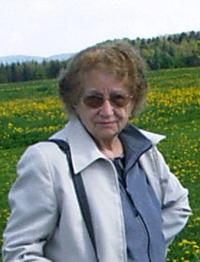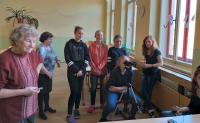You should live so as not to hurt anyone but rather to help people instead
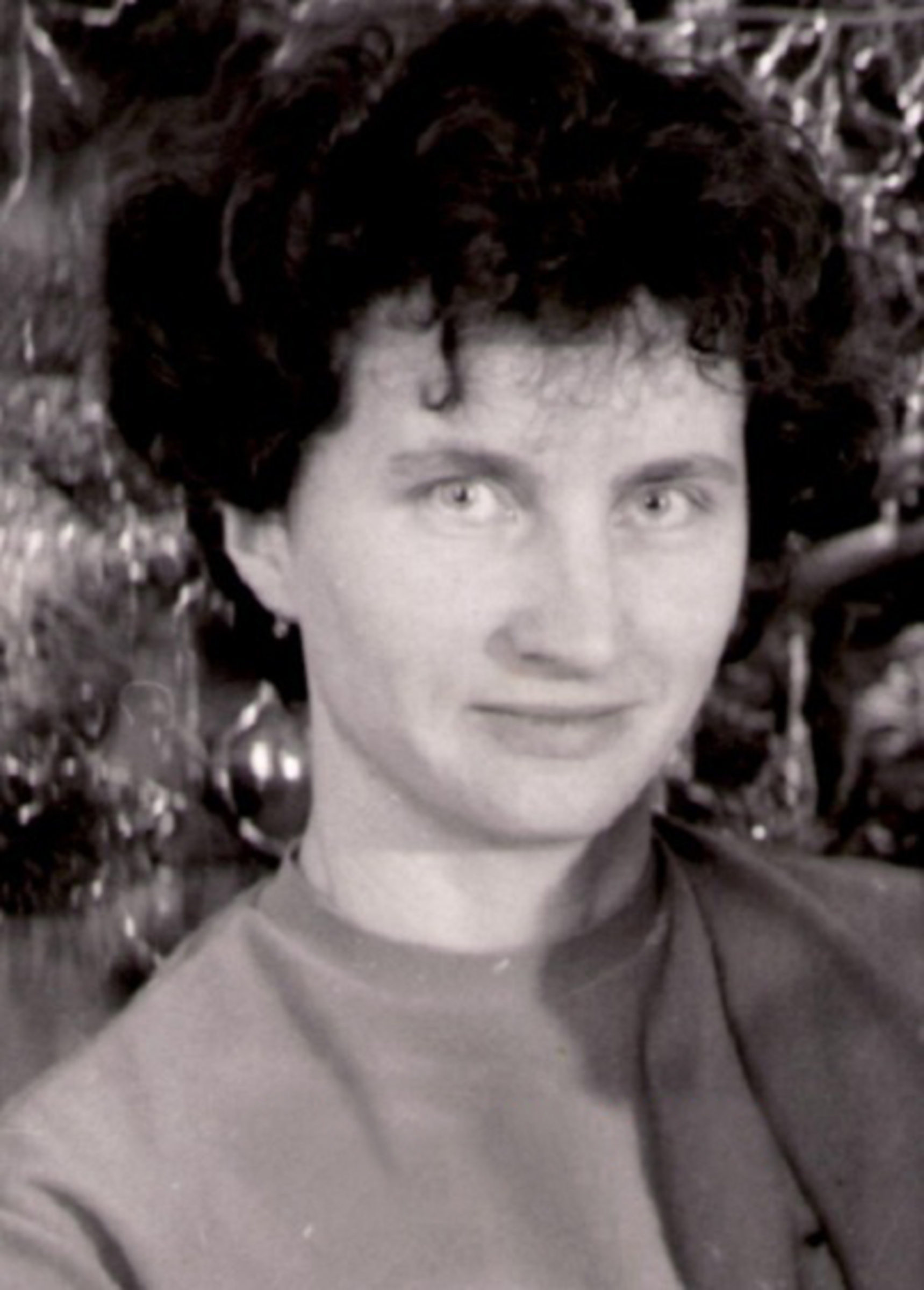
Download image
Vlasta Havlenová was born on 5 March 1932 into a farmers’ family in Bitětice (now a part of Pelhřimov). Her parents owned a sizeable estate.The whole family was significantly affected by the Nazi occupation. Vlasta’s cousin Jaroslav Dvořák was arrested by the Gestapo in 1945 and executed in Terezín in early May of the same year. Vlasta attended grammar school in Čáslav, but when the Communist Party came to power, she and her closest relatives suffered from various forms of political persecution. The uncle whom she stayed with in Čáslav was an important local functionary of the National Socialist Party, and as such he was fired from his job as school inspector; Vlasta’s father struggled with the consequences of forced collectivisation in the early 1950s. The witness graduated from grammar school in 1951, but her political profile meant that any further studies were out of the question. She could only fulfil her dream of a teaching career thanks to the lack of educators in the border regions at the time. She completed a preparation course for teachers and launched her career in the Šluknov Spur. She stayed loyal to the region her whole life. While employed in Velký Šenov near Šluknov, she met her future husband Jaroslav Havlena, who spent three months in custody in 1949 for political reasons. Later, the couple moved to Rumburk, where Vlasta Havlenová gave birth to their two sons Vladimír and Jiří. The Havlenas took an active part in social life in the Šluknov Spur and taught several generations of pupils. Although a widow since 2015, the witness still lives in Rumburk.

